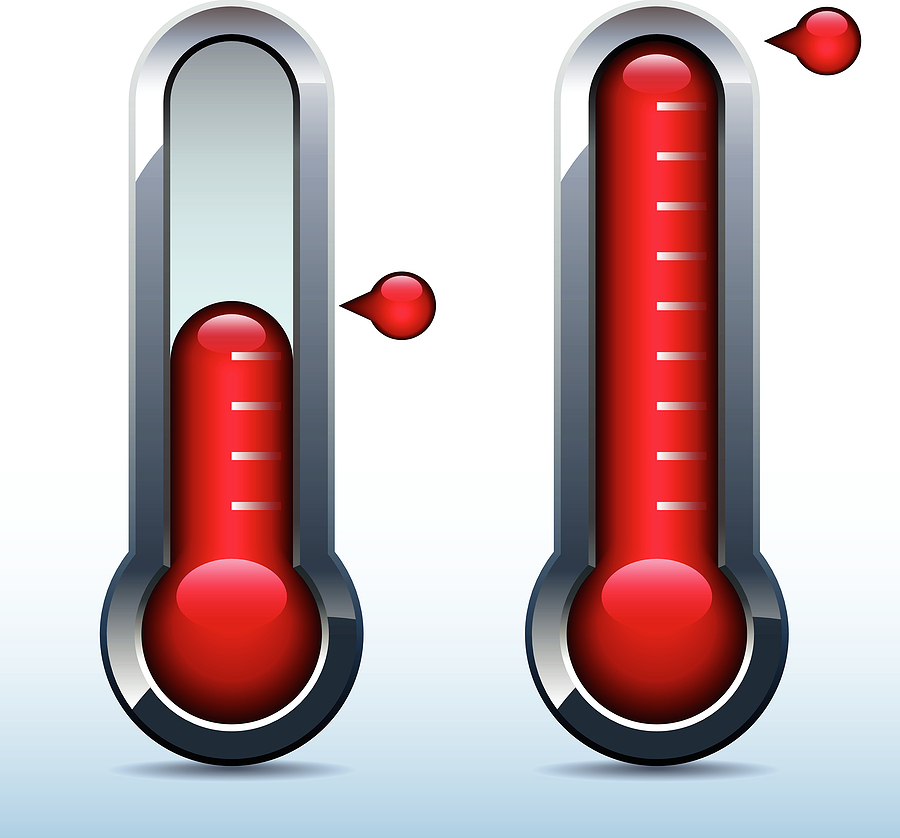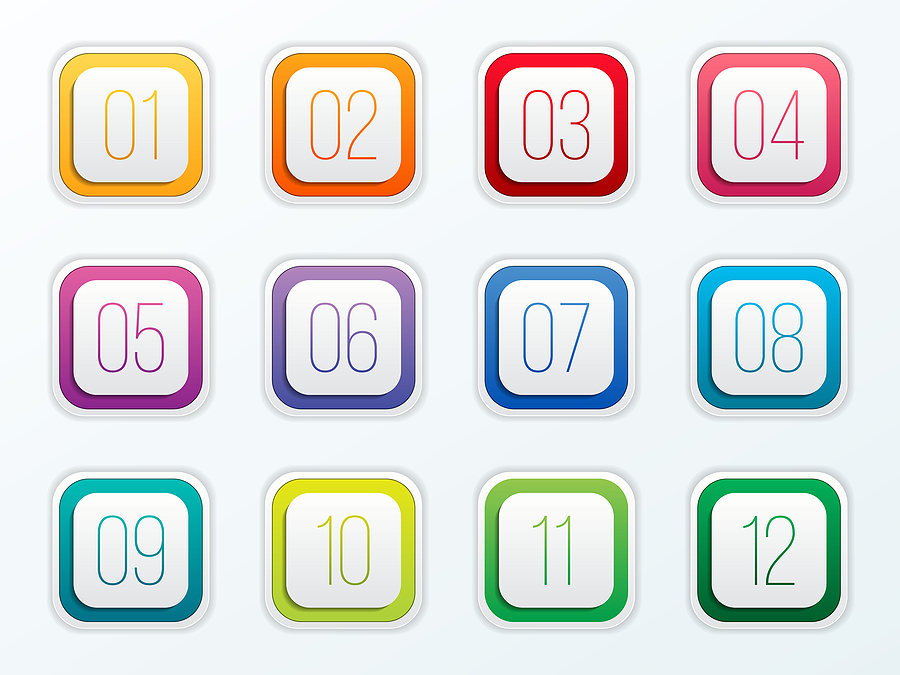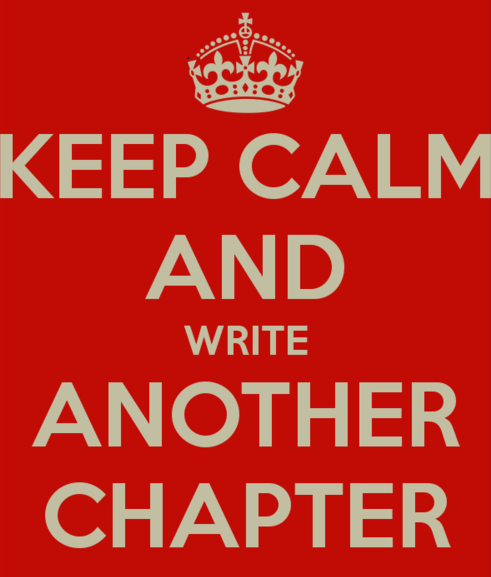As you may recall, nearly six weeks ago we began a Kickstarter campaign to raise the funding to ensure that the writers conference at Mount Hermon could proceed as planned in 2021. (Click here for the campaign page and for more details.)
We are at 61% of the goal as of this writing, which is rather incredible with over 220 people contributing!. But we are still short.
The campaign will end at midnight on Monday, August 31, which is only a few hours away.
In case the news didn’t cross your screen, we secured some key faculty members who have agreed to be part of the 2021 event.
Keynote Speaker: Charles Martin, NY Times bestselling novelist (https://www.charlesmartinbooks.com/)
Major Track Speakers:
Getting Started: Tricia Goyer
Writing Nonfiction: Bob Hostetler
Writing Fiction: Deborah Raney
These are all committed to the event. We will add a fourth major track on book marketing if this campaign funds. In addition, we have a full roster of literary agents and editors who have indicated interest in participating as faculty once the campaign is funded.
If you cannot commit to attending, there are a number of other ways to provide support. In exchange for backing the campaign, you get special rewards like:
- A digital copy of The Christian Writers Market Guide 2021
- A $128-bundle of courses from the Christian Writers Institute
- Recordings of the 2021 Mount Hermon Christian Writers Conference
- Registration for the 2021 conference
The more you pledge to support the conference, the more rewards you get. But you will only be charged (and only get the rewards) if we successfully hit the funding goal.
As a reminder, Kickstarter is set up as a “pledge.” If the campaign does not meet the goal of $200,000 in pledges, no one will be charged for anything. Your credit card will not be charged, and the conference will not happen.












